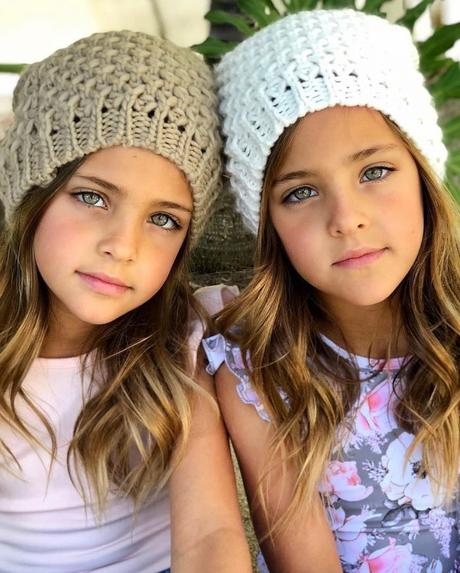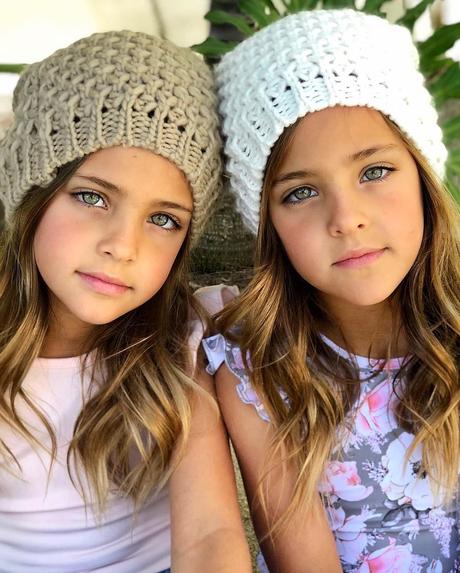
It is always an exciting topic, isn't it, to discuss the science behind twins. It becomes even more interesting when they are identical. Tell a pregnant woman that she is about to have twins and you'll know how much it matters when giving birth to babies that are similar in almost everything. But, hey, are you really sure they are simply the mirror images of each other? There are a whole lot of unbelievable facts that lie beneath identical twins and here are a few that will widen your eye balls.
Fingerprints never matchIt's true that twins may have the same features, voice and talents as one another but how much ever you wonder about their prints, there is absolutely no possibility that they are going to match. Though initially it may seem like they will end up with the same impressions, the fetus develops random prints when they begin growth that are unlikely to match with the sibling.
Longer life spanThis is something that happens over great bonding between the two. The company, friendship and love seem to double when your sibling looks as the same as you and hence there are more chances that identical twins tend to live longer than fraternal twins.
Birthdays might not be the sameThere are instances where medical complexities might lead to this situation. While one of the babies is taken out at one point of time, the other might be postponed to a week or later according to differing conditions. So, though they are identical, there is no hard and fast rule about sharing the same birthday.
Identical twins are not actually identicalWe do agree, at times, it becomes really hard to differentiate between the two. But, if you have a closer look at the identical twins, you'll be surprised to find out that there are a lot of variations including the shape of the brows, freckles, and slight differences in complexion. It's quite fascinating that digital microscopes are needed for more clarity.
Genes differ as wellIt is no definite that identical twins share the same genetic information. Though identical twins develop from one fertilized egg, it is not always the case that the genes match. The number of copies of genes acquired from parents differs among the twins ending up in varying habits, talents, and interests.
The next time you witness a pair of identical twins, be fascinated by how much they look similar yet differ in interesting ways.



